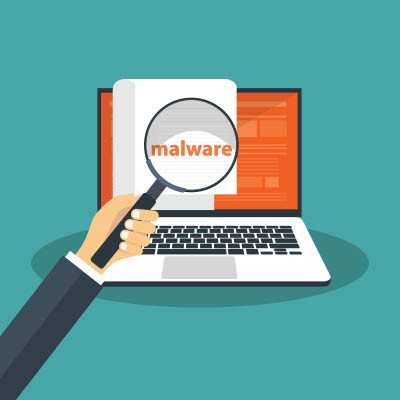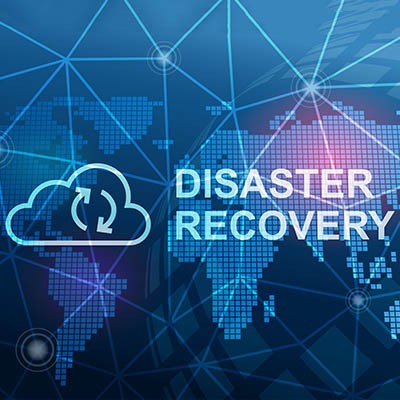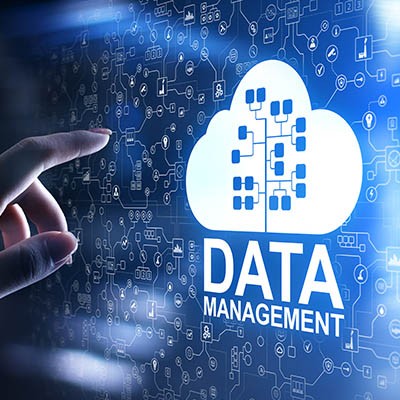Your data is vital for your organization’s continuity. Your data consists of everything from your company documents, accounting records, client contact information, prospects and leads, procedures, and everything else needed for you to keep operations running smoothly. That’s why all businesses need a solid backup solution that is monitored and tested regularly.
415 IT Blog
Let me ask you this: does your business have a dedicated data backup and disaster recovery system? If not, we need to talk. A comprehensive backup and disaster recovery platform (BDR) can turn out to be one of the most critical parts of managing a business’ IT infrastructure. By having a plan to turn to in the event a serious problem such as ransomware or a natural disaster descends upon your business, you can be better prepared.
Data loss is no joke - and we’ve heard plenty of stories from people who have experienced it firsthand, when personal or business data was lost. We appreciate everyone who shared their experiences with us, and allowed us to post them here. First, we’ll tell the story of someone who learned something in college that wasn’t in the syllabus.
Don’t forget to share your own stories with us in the comments!
Managed services offer businesses an improved means of obtaining and managing the technology they rely on. With data being so important to the modern business, much of this technology is devoted to storing, securing, and leveraging this data. Working with a managed service provider can help a business get the most value out of their data management practices. Let’s go over how.
Your business relies on its data to succeed, which lends itself to the fact that your organization needs to have some sort of security measures put into place to guarantee its safety. 2018 is thought to be the year of ransomware, so it stands to reason that your business should prepare to deal with it. One of the best ways to deal with ransomware is to make sure that your company has a plan to restore data affected by said ransomware.
Data backup. It’s something that all businesses need, but not all businesses know how to approach the implementation of it. This is largely due to the tendency to underestimate how disastrous data loss scenarios can be for their business. You know how it goes; it’s impossible, until it happens. Thankfully, you can significantly reduce the damage done by data loss incidents with a little bit of preventative, proactive thought and a comprehensive backup system.
Especially with so many people claiming to be tech-savvy, asking a question about IT can be a bit nerve wracking. Because of this hesitation, there are a lot of people who don’t ask questions about technology because they feel like their questions might be stupid. For example, having an updated operating system is a term that is tossed around a lot by IT professionals, and even some not-so-professionals.
Nobody ever wants to admit that their business has a problem with security. Unfortunately, as the one responsible for the future of your organization, you have to consider all possible outcomes of any potential data loss incident. Furthermore, many of these incidents are beyond your control. Thankfully, you can soothe the pain of a data loss disaster by thinking ahead and planning for the worst.
When you mention the term 'disaster recovery,' most people think about the big ground-shattering events like earthquakes, fires, floods, tropical storms, etc. While these natural events are certainly disasters and devastating in their own right, smaller things can constitute as a disaster for your business, and they aren't seasonal.










